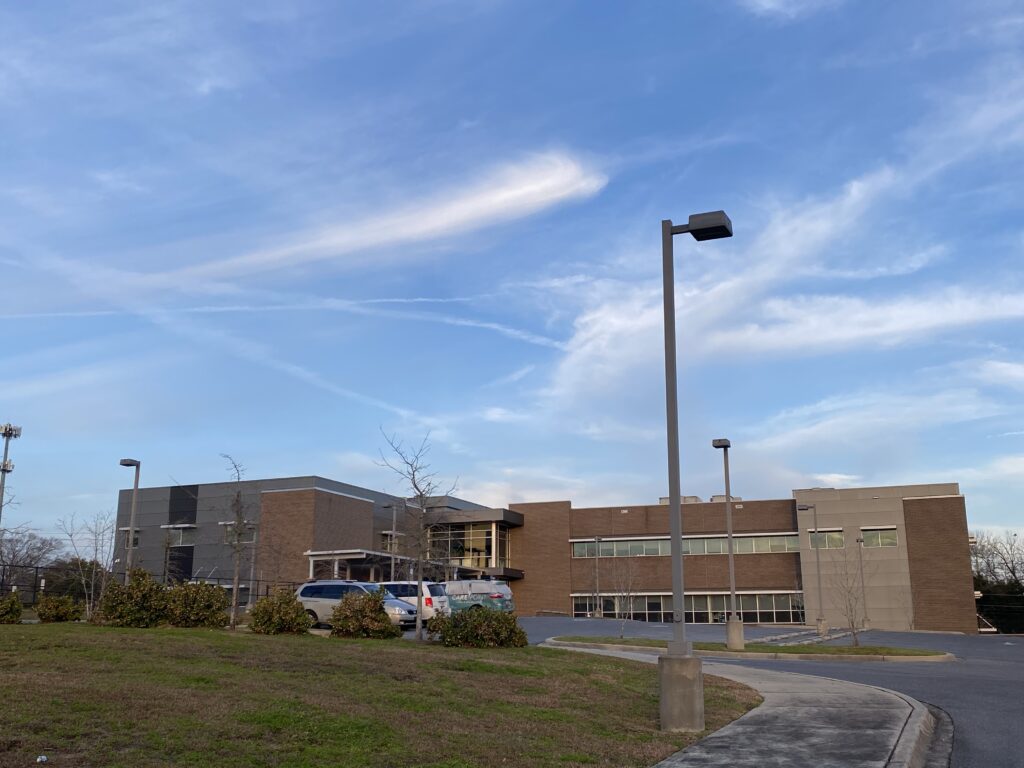
This month the FDA gave a green light to states seeking less expensive prescription medications from Canada.
It is formally called Section 804 Importation Program, or SIP, and Florida Governor Ron DeSantis said he anticipates SIP will save the state millions of dollars.
“We will save $100 million plus a year,” DeSantis said during the annual State of the State address on Jan. 9.
According to a press release published after his speech, Floridians living with HIV and other chronic illnesses are the priority of this program. A study published by the Kaiser Family Foundation (KFF) reported Medicare spent $11.3 billion and Medicaid spent $13 billion on HIV medication and treatment in 2020. The Journal of the American Sexually Transmitted Disease Association tracked individuals with HIV from 2015 to 2021. They found participants spent between $420,285 to over $1 million over the course of six years.
In short, managing HIV is expensive for both the state and consumers.
SIP is currently only accessible through state agencies such as the Department of Health and the Department of Corrections. It is not available to consumers covered by private insurance. According to the KFF study, 35 percent of U.S. citizens with HIV are enrolled in private insurance. The governor’s office has also spoken of potentially expanding the program to include Floridians covered through Medicare and Medicaid. Melissa Harris, a representative from the Center of Medicare and Medicaid Services, issued a statement warning that medication imported from Canada may not qualify for reimbursement or discounts from federal programs.
This could remove the incentive for Florida lawmakers to expand SIP to include residents insured through those programs.
The director of client services for Big Bend Cares, Melissa Walton, believes SIP presents an exciting prospect for community members with HIV.
“Anything that could help lower the cost of medication, that’s awesome,” she said.
Still, there is concern about if and when the masses of HIV patients in the Big Bend region will be able to access the program.
“It has to go through a lot of bureaucratic steps before it gets to us,” Walton said. “It’ll start in more metropolitan, urban areas first.”
Big Bend Cares offers medical services for individuals covered by private and state insurance as well as the uninsured. Consequently, many of the company’s patients do not currently qualify for the program. According to Walton, nearly half of those with HIV in the Big Bend region seek services at Big Bend Cares and their medical facility Care Point. Walton reports that 53 percent of the facilities’ patients live below the 100 percent poverty level. The program also provides care for patients up to 400 percent poverty level as even single-person households making $50,000 or more a year struggle to afford medication and treatments necessary to manage the virus.
Brianna Journée, a pharmacist and Medical science liaison, says effective treatment and medication are critical for the health of HIV patients and inherently the community. “Unlike in the beginning of the HIV epidemic, now treatment allows people to live healthy lives and if suppressed, prevents them from transmitting the virus sexually. With fewer transmissions, this improves the overall health of the community and gets us closer to ending the epidemic.”
Journée is also optimistic about the potential of SIP, although she is also concerned about the practicality of the program. “It’s important to consider potential regulatory, logistical, and quality control challenges that may come with importing prescription drugs.”